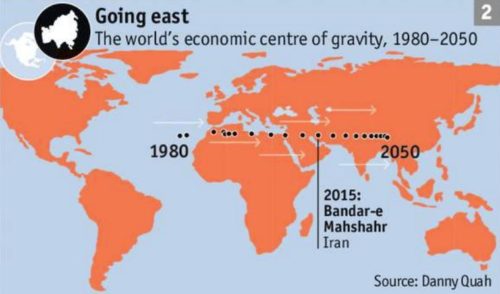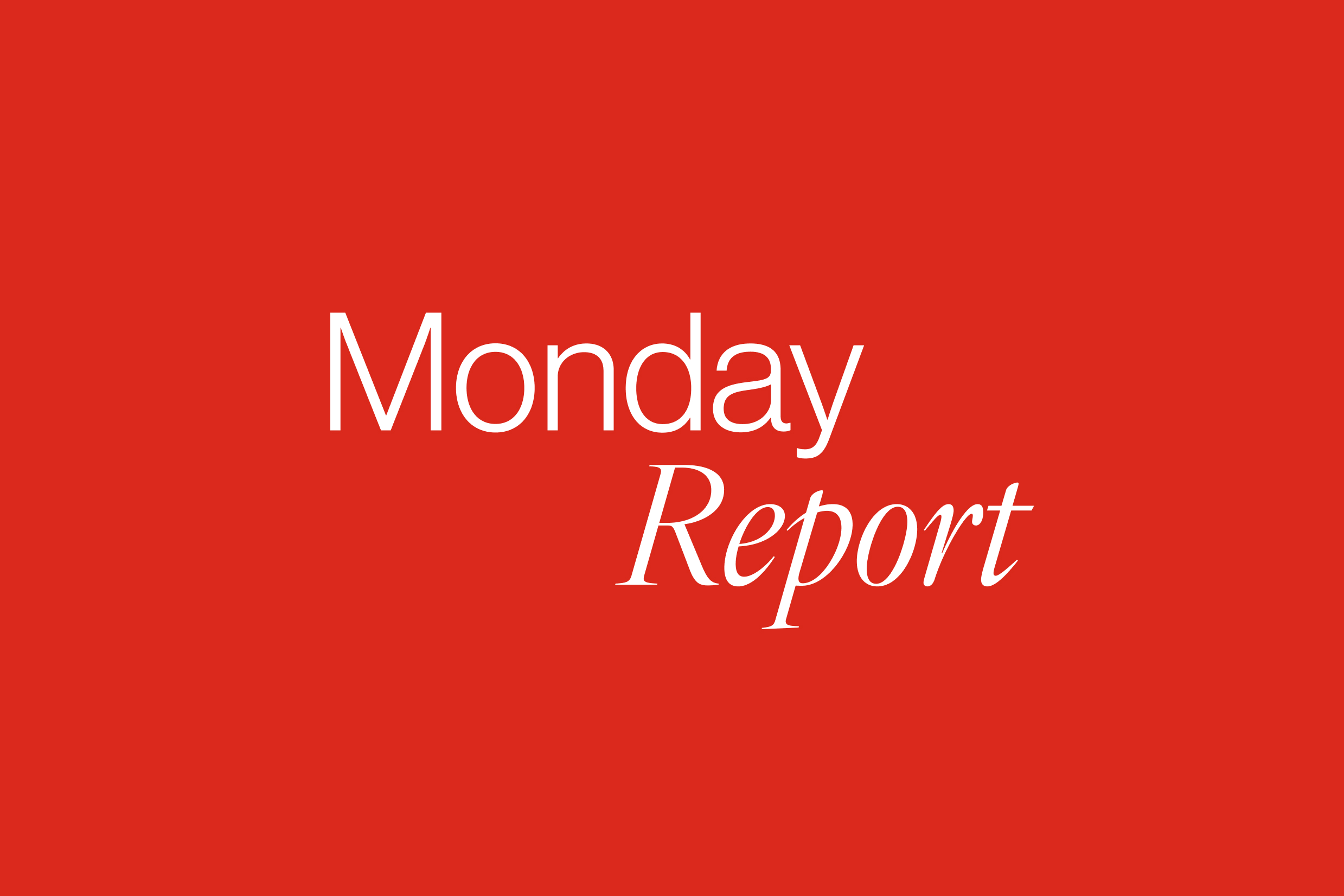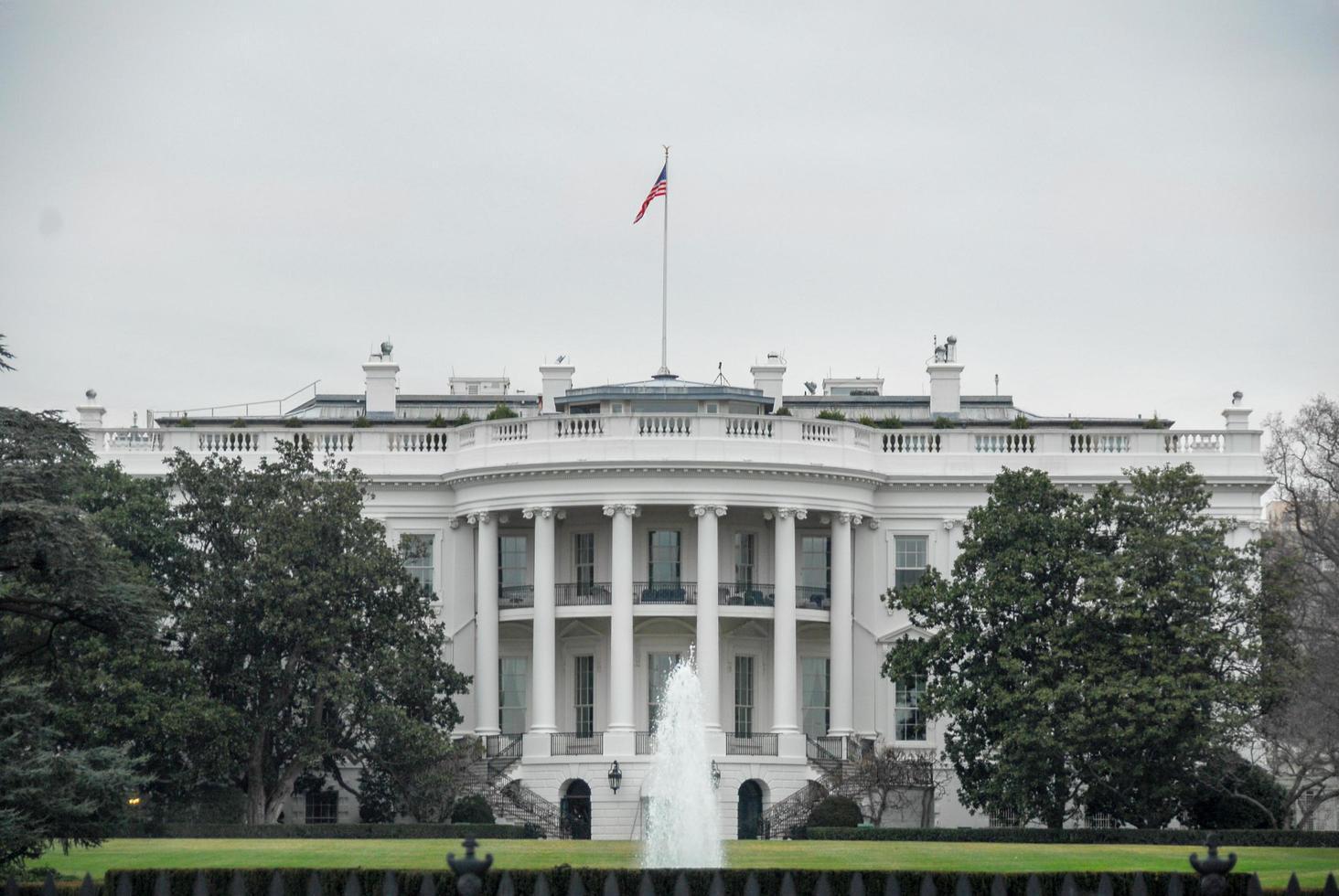India, A Chief Global Diplomat
“Today, as the President of the G20, India invites the entire world to come together and, first and foremost, transform this Global Trust Deficit into global trust and confidence.”
– Prime Minister Narendra Modi
In the past three decades, the global geopolitical landscape has undergone substantial and irreversible transformations, characterized by the fragmentation and restructuring of the international order.
Much of this paradigm shift can be attributed to the ascendancy of the East, positioning Asia as the new epicentre of global influence.
This resurgence of the East has led to a significant relocation of the world’s economic epicentre, shifting nearly 5000 kilometres from its 1980 position in the mid-Atlantic region back towards the East. A publication by the London School of Economics has meticulously calculated the world’s economic centre of gravity, projecting that over the 70-year span from 1980 to 2050, it will migrate eastwards from the mid-Atlantic to a point situated between India and China. This underscores the region’s burgeoning economic sway, a trend intrinsically tied to the confluence of geo-economics and geopolitical power.
India’s G20 presidency in September 2023 marks a momentous milestone signifying the nation’s emergence as a pivotal global power in the ongoing shift. So far, India has achieved significant milestones, from lunar exploration to becoming the world’s most populous country, surpassing the UK as the fifth-largest economy. The Indian presidency of the G20 assumes historical significance, akin to China’s hosting of the 2008 Olympics. This G20 summit provides India with a unique platform to position itself as the advocate for the Global South, championing an equitable international system.
The ramifications of the novel coronavirus pandemic, the conflict in Ukraine, India-China border tensions, EU/U.S.-Russia discord, and deteriorating U.S.-China relations were evident at the 2022 Bali summit. India’s mission this year was not just to salvage the G20 but also to safeguard the future of multilateral cooperation across the grouping’s multifaceted agenda. Prime Minister Narendra Modi’s diplomatic acumen has fortified India’s standing as a burgeoning diplomatic and economic force on the global stage.
Along with welcoming of the African Union, the G20 communique also opened the door for deepening cooperation with other regional partners in the future. The US, Saudi Arabia, UAE, EU, India and others on the sidelines of the G20 announced an ambitious plan to link railways, ports, electricity, data networks and hydrogen pipelines. “It is a green and digital bridge across continents and civilizations,” said European Commission President Ursula von der Leyen. Dubbed as the modern-day Spice Route the plan intends to link Europe, the Middle East and India.

The plan is also being seen as a push by the US to counter China’s Belt and Road Initiative (BRI) on global infrastructure. In a further blow to Beijing, Italian Prime Minister Giorgia Meloni told Premier Li Qiang on the sidelines of the summit that her nation plans to withdraw from the BRI while still looking to maintain friendly relations.
For the G20 this year, Indian diplomats worked hundreds of hours on several drafts to find common ground on the wording regarding Ukraine, with Russia and China raising several objections. The final joint declaration touched on the war, but avoided specifically condemning Russia, and categorized the “human suffering and negative added impacts” of the war in an economic context “with regard to global food and energy security, supply chains, macro-financial stability, inflation and growth.” The declaration called on all states to “uphold principles of international law … including territorial integrity.” It also “welcomed … relevant and constructive initiatives” to “support a durable peace” in Ukraine. This consensus in the statement underscores India’s pivotal role as a reliable fulcrum in a world divided on geopolitical issues such as the Ukraine conflict.
India’s chosen theme for the G20, ‘Vasudhaivi Kutumbakam’ (‘One Earth, One Family, One Future’), is encountering challenges in an increasingly polarized international system. The escalating rifts between major powers, including Russia and the West, as well as escalating tensions in U.S.-China relations, pose a litmus test for India’s diplomatic stance.
India endeavours to strike a delicate balance, advocating for a more equitable global power distribution while sidestepping an overtly anti-Western agenda. The triumph India achieved in this forum wasn’t rooted in a militaristic or economic dominance agenda; it was a compassionate initiative, seeking collaborative solutions with emerging nations to address issues ranging from food security to supply chains, energy, and technology.
India’s contemporary significance on the geopolitical canvas signifies a revival of its historical eminence. Millennia ago, during the Saraswati-Sindhu civilization, India boasted an advanced society, outstripping even ancient Egypt and Mesopotamia in size and technological advancement. Subsequently, India’s GDP constituted a significant portion of the global economy, denoting it as a prosperous and advanced civilization. However, colonialism severely impeded India’s progress. Between the 18th century and 1947, British colonization reduced India’s GDP to a mere 2% of the world’s GDP, with life expectancy plummeting to 32 years. Postindependence, India grappled with a protracted period of stagnation until economic reforms were introduced in 1992, heralding the commencement of India’s economic growth.
Presently, India’s GDP stands at approximately $3.5 trillion, positioning it as the world’s fifthlargest economy. If India sustains a growth rate of 6% annually, its GDP could reach $12-13 trillion by 2047, comparable to China.
With an 8% annual growth rate, India might even surpass the $20 trillion mark.
Currently, the United States is the sole superpower globally, with China, Russia, and India emerging as great powers. Departing from its historical stance of non-alignment, India has become an active member of various international coalitions such as BRICS, SCO, and the Quad Grouping, enhancing its global influence. India’s strategic location, dominating the Indian Ocean region, provides a unique advantage. The country can potentially become a significant maritime power, further augmenting its geopolitical importance.
India’s ascendancy is underscored by demographic factors. China, once heralded as the future superpower, faces challenges due to its aging population and declining birth rates. By 2050, the average age in China is projected to be 58 years, while in India, it will be 37 years. India’s demographic dividend, coupled with sustained economic growth, positions it favourably for the future.
The Thucydides Trap, a concept from ancient history, posits that when a rising power threatens an established power, conflict becomes almost inevitable. In the present scenario, the emergence of multiple great powers, including India, China, and Russia, raises the prospect of a multipolar world order.
India’s trajectory hinges on intelligent leadership and a focus on economic growth over military confrontations. Although the emergence of a singular superpower appears improbable in the 21st century, the ascent of multiple great powers, with India at the forefront of the Global South, could define the geopolitical dynamics of the future.
Key accomplishments from the G20 summit include the incorporation of the African Union (AU) within the G20, supported by Western nations. Additionally, the Black Sea Grain Initiative, crucial for meeting Africa’s requirements, was a significant achievement. The declaration of financing requirements for the developing world to fulfil emission targets, along with innovative methods to mobilize finances for Multilateral Development Banks, was a progressive step.
The focus on digital public infrastructure (DPI) and financial inclusion stands to benefit the most marginalized populations globally. Every facet of the 2023 G20 declaration reflects a spirit of inclusivity, incorporating the voices of the most marginalized in the international order. India’s distinct approach is grounded in New Delhi’s unique position in the global hierarchy, bridging the gap between the West/North and the South, connecting emerging nations with developed ones.
India stands as the quintessential “Chief Global Diplomat”, a role the world desperately needs amidst increasing polarities and global challenges.
The full declaration of the G20 can be read here.
Disclaimer
The documents herein are issued for general information purposes only. Views and opinions contained herein are those of Bordier & Cie. Its contents may not be reproduced or redistributed. The user will be held fully liable for any unauthorised reproduction or circulation of any document herein, which may give rise to legal proceedings. All information contained herein does not constitute any investment recommendation or legal or tax advice and is provided for information purposes only. Please refer to the provisions of the legal information/disclaimer page of this website and note that they are fully applicable to any document herein, including and not limited to provisions concerning the restrictions arising from different national laws and regulations. Consequently, Bordier & Cie does not provide any investment service or advice to “US persons” as defined by the regulations of the US Securities and Exchange Commission, thus the information herein is by no means directed to such persons or entities.
© 2020 Bordier Group and/or its affiliates.




